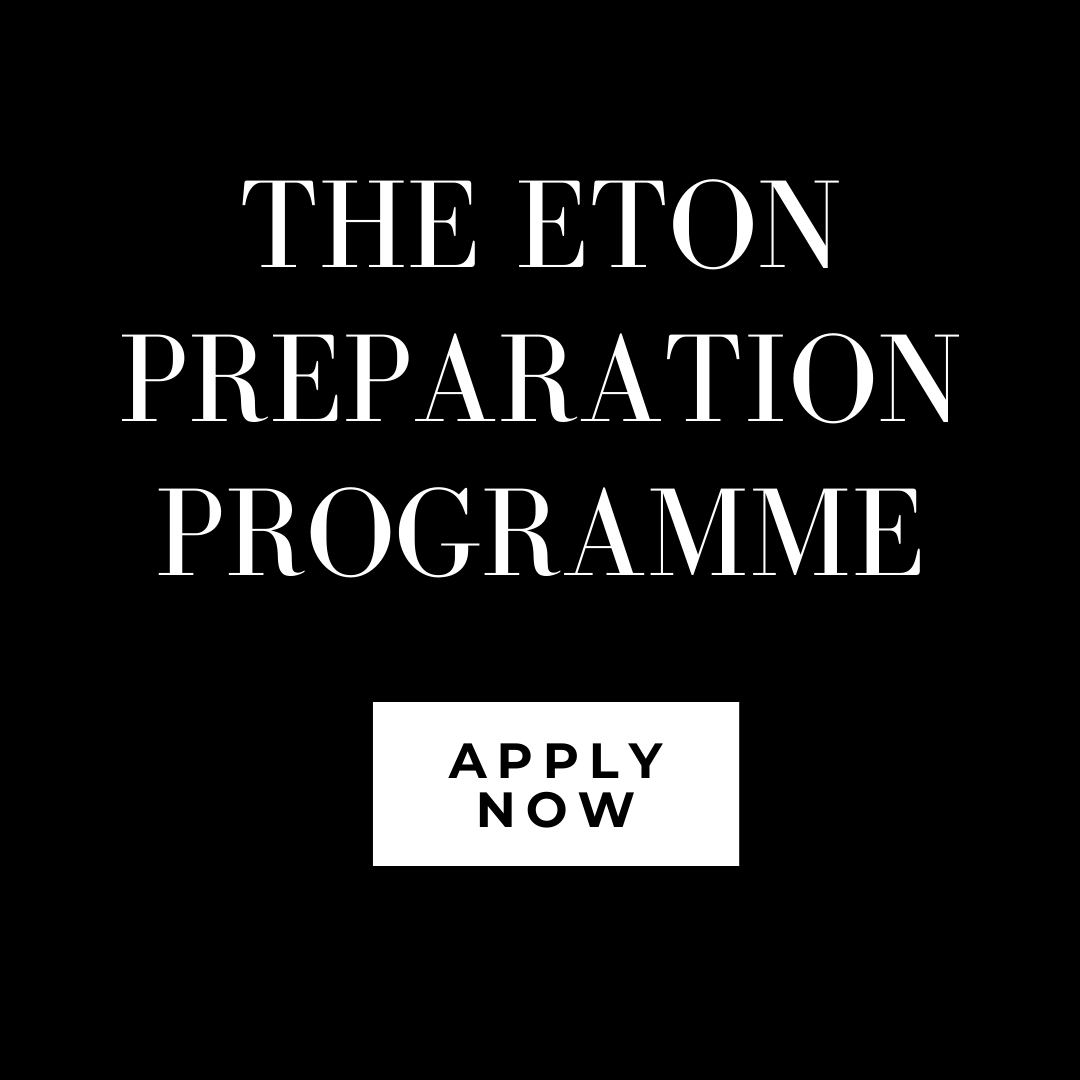11+ Maths Syllabus
The Mathematics component of the 11+ exam can be confusing for parents and students alike.
The question types in the 11+ Maths exam can vary depending on which type of exam your child is sitting. Generally speaking, there are four main types of exam:
The GL Assessment/CAT4/NFER exam (multiple choice)
The independent School Maths exam (standard paper)
The CEM Numerical Reasoning exam (multiple choice)
The Grammar School Maths exam (multiple choice)
The following syllabus is based on National Curriculum guidelines.
It covers the fundamental topics that should be covered when revising for the 11+ Maths exam. However, we do recommend that students aim to go beyond the typical Year 5/6 syllabus as many schools now expect students to have advanced beyond this standard.
Topics included in the 11+ Maths Curriculum
Number and place value
Addition, subtraction, multiplication and division
Fractions, percentages, decimals
Ratio and proportion
Algebra
Measurement
Geometry (properties and position of shapes, co-ordinates)
Statistics
Advice for 11+ parents
Aim to identify which topics/areas are the hardest for your child so that you can work on addressing them.
Encourage your child to build a good knowledge of the necessary topics.
Remember that there can be huge variations in the standard of 11+ exam papers (independent school papers can vary vastly from grammar school ones).
The majority of Maths papers will be non-calculator tests.
Children should practice mental arithmetic so that they can develop their speed.
Students should endeavour to show their working out and most schools will provide additional writing paper or space for this.
Competitive schools will often include several questions which go beyond the KS2 National Curriculum. In fact, we've spotted GCSE and even AS Level questions in some tests. Whilst there's no need to cover much advanced material, it can be useful to teach your child some of the more advanced questions if they are sitting an exam for a highly competitive school.
Always research to check if your target schools provide sample papers as these can be one of the best ways to prepare your child for the exam.
It's vital that you cover worded Maths questions as well as problem solving questions as these will make up the majority of questions in the exam. Even the brightest of students struggle with problem solving and worded questions especially because they're not taught in detail at primary level.
Aim to develop your child's logical thinking and reasoning skills.
Recommended 11+ Maths Books
For the independent school exams, we recommend the ISEB/Galore Park books.
For the grammar school exams students should familiarise themselves with CEM-style books. There are dozens of suitable books available in Waterstones, WH Smith and on Amazon.
Generally, we recommend that all students cover the Bond Maths books up until age 10-11. Independent school students should also study the 11-12 version of these books.
For 13+ Common Entrance students we recommend going through Jeevan Singh's online programme, Pass GCSE Maths as it covers much of the exam content and can be studied in as little as four weeks.
